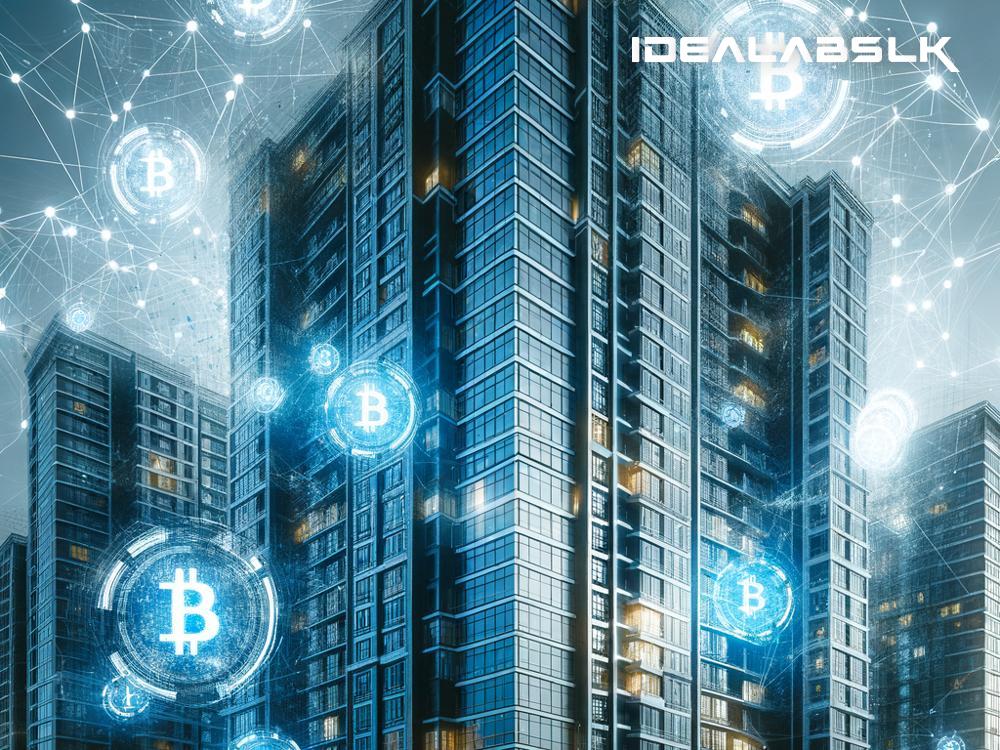Blockchain in Real Estate: Opening Doors to Global Investment
In recent years, we've watched technology transform the way we do busines, and the real estate industry is no exception. Among the emerging tech trends, blockchain stands out as a groundbreaking force, particularly in making real estate investment a global playground. Let's dive into how blockchain is reshaping the property market, making it easier and more secure for people around the world to invest in real estate.
What is Blockchain, Anyway?
Imagine a gigantic digital ledger that's not just in one place but copied on thousands of computers around the world. This ledger records transactions securely and transparently, ensuring that once something is written, it cannot be altered or deleted. That's blockchain in a nutshell. Originally developed for digital currencies like Bitcoin, blockchain's potential extends far beyond, including revolutionizing the real estate sector.
Breaking Down Borders in Real Estate Investment
Traditionally, investing in real estate, especially internationally, has been a complex, paper-heavy process filled with intermediaries such as agents, lawyers, and banks. For many, these hurdles have made the idea of investing in property, particularly abroad, daunting or altogether unfeasible. Blockchain is changing this scenario by simplifying, securing, and speeding up transactions.
How Does Blockchain Do It?
1. Tokenization: This is a fancy term for turning real estate assets into digital tokens that can be bought and sold easily on the blockchain. Imagine owning a piece of a property in Paris or a commercial building in Tokyo, just like you would own shares in a company. This has made real estate investment accessible to many more people.
2. Smart Contracts: These are self-executing contracts with the terms of the agreement between buyer and seller directly written into code. They automate and streamline processes, eliminating the need for many intermediaries and reducing the time and cost of transactions.
3. Transparency and Security: With blockchain, every transaction is recorded on a secure, immutable ledger, reducing the chances of fraud. This transparency is particularly appealing for international investors who can track their investments in real-time without worrying about the reliability of foreign systems or intermediaries.
The Benefits for Global Investors
Blockchain is enabling investors around the world to enter markets that were previously out of reach, with a level of security and simplicity not previously possible. Here are some of the key benefits:
- Accessibility: By lowering barriers to entry, blockchain allows more people to invest in real estate, including smaller investors who can now afford to buy tokens representing fractions of properties.
- Diversification: Investors can easily spread their investments across different countries and types of properties, reducing risk.
- Liquidity: Real estate is known for being a relatively illiquid asset class, but tokenization can change this by allowing partial ownership and making it easier to buy and sell property shares.
- Cost Efficiency: With smart contracts, many of the legal and transactional costs are reduced, making real estate investment more profitable.
- Transparency and Trust: The blockchain's secure, immutable ledger means that property records are reliable and transactions are transparent, building trust among investors, especially in international settings.
Challenges Ahead
While the potential is vast, it's not all smooth sailing. Regulatory challenges, technological adoption, and the need for standardization across countries are significant hurdles. However, many in the industry are optimistic that these challenges will be overcome as the benefits of blockchain in real estate become more widely recognized.
The Future Looks Bright
As we move forward, the continued integration of blockchain technology in the real estate sector is poised to make global investment more accessible, secure, and efficient. For investors, this means unprecedented opportunities to diversify portfolios and for the market, a more inclusive, transparent, and dynamic investment landscape.
Blockchain in real estate is not just a fad; it's a transformative shift that is slowly but surely opening the door to a world where investing in property, whether next door or thousands of miles away, is within reach for many more people. The revolution is just beginning, and it promises to reshape the very foundations of real estate investment on a global scale.

